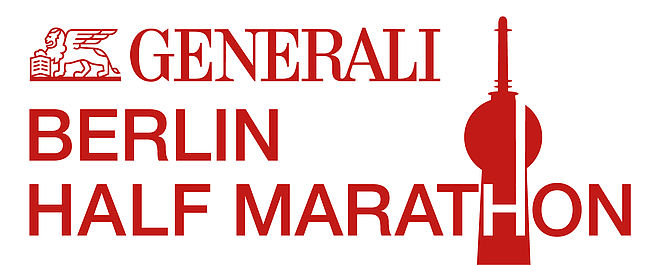For decades, Kipchoge Keino (KEN) pretty much went unnoticed. But when the
omnipotent Kenyan super sport functionary Charles Mukura accepted a bribe of $
50,000 from the Olympic organisers and the whole affair came to light, he
suddenly became the man of the hour. At the 1968 Olympic Games in Mexico City
and in Munich in 1972, he won two gold and silver medals each for the 1500 m
and 3000 m hurdles. Until recently, he had lived the life of a farmer, and in
his role as vice president of the National Olympic Committee he only held a
distant memory of the heyday of his career. He was known as one of the most
diligent “beggars” in the east African country, making it possible
for the national teams to be able to fly to the large events. Following the
ethical disaster of Sydney, his big moment came and his big heartedness was
made known to the sporting world, as well. He was unanimously elected as the
new president of the National Olympic Committee.
On January 9, 2003, Kipchoge Keino, who according to his passport was born
almost 63 years ago “at the five and dime store”, but has said that
he is actually four years older, received the Willi Daume Medal from the
International Committee for Fair Play in Paris for his social activism.
“That is my greatest honour so far,” he said on his farm in the
mountains. “Kofi Annan is supposed to be there” (the General
Secretary of the United Nations). Everyone is now talking about Keino. It was
just in November that the International Athletics Association IAAF bestowed him
with the newly created Primo Nebiolo Award, for his quality as a
“legend”. Now that his hair is grey, one of Kenya’s most
beloved citizens has a late second career. He really was re-discovered by the
current Vice President of the International Olympic Committee (IOC), Thomas
Bach, during a visit a few years ago. The two of them had served together for a
long time on the IOC Athletes Commission. But, “Kip never told me what he
had built up there.”
It is an impressive life work. At the moment, he and his wife Phyllis are
raising 92 orphans. All are adopted. “We are the largest family in
Kenya,” he likes to say. The activism of the family (they have seven
children of their own) began in the mid 1970s, and already seven of the
children they have raised have graduated from college. Bach’s visit
finally brought a certain security to the planning of the social enterprise.
The IOC Solidarity Funds, Daimler-Benz, and the German Bank Association (der
Deutsche Giro- und Sparkassenverband) have supported them with 5 and 6-digit
dollar donations.
Although the Keinos own three farms around the country town Eldoret in the
northeast of Kenya, they had always lived hand to mouth, and still do. Alone
the cost of schooling gobbles up a lot of money. They have now opened the
Kipkeino Primary School. With richer parents paying the maintenance, the
orphans can attend for free. From the beginning on, it was considered to be one
of the best schools in the district. They even have 25 computers, a gift from a
US American company.
Keino’s farms, especially the oldest, "Kazi Mingi", which
means „much work“ now receive numerous visitors. The name decorates
them as well. The British ambassador is planning a visit soon, the German
ambassador belongs to his circle of friends, last April the entire IAAF council
paid their respects, and Jacques Rogge, the new IOC President, plans on
stopping by in the spring.
For more than two years, the host is also a member of the IOC. Bach and
Prince William of the Netherlands vouched for him. “My knees were shaking
when I was elected. I know where I come from.” Yes, his mother died when
he was a baby, as a youth he excavated latrines and wells, he was able to go to
school at age 12, but at 16 he had to leave again due to a lack of money. Only
after his running abilities led him to a job with the police, had he reached
the first step in his career. Kip, as he is called around the world, has made
something of his life. In his more and more frequent interviews he is sure to
make two statements in the microphone: “ We share everything that we
have,” and, “We come with nothing, and we go with
nothing.”
by Robert Hartmann


